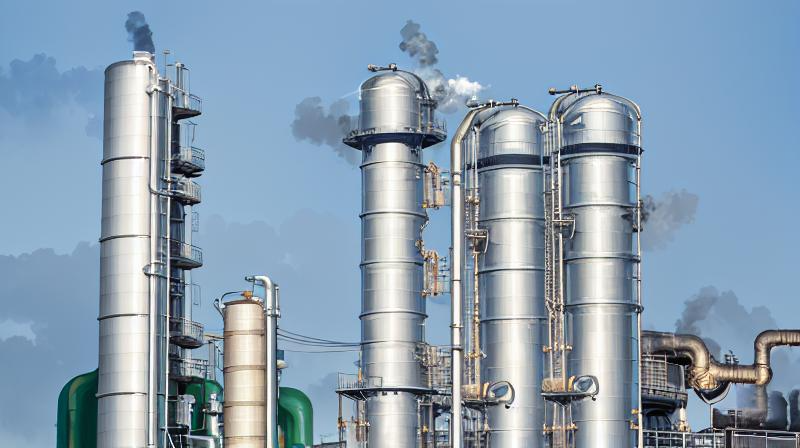Isopropanol and ethanol are two popular alcohols that have numerous applications in various industries. However, their properties and uses differ significantly. In this article, we will compare and contrast isopropanol and ethanol to determine which is “better”. We will consider factors like production, toxicity, solubility, flammability, and more.
To begin, let’s take a look at the production methods of these two alcohols. Ethanol is typically produced through fermentation of sugars extracted from biomass, making it a renewable resource. On the other hand, isopropanol is synthesized from propylene, a petrochemical derivative. This means that ethanol has an advantage in terms of being a sustainable alternative.
Now let’s explore their toxicity. Isopropanol is more toxic than ethanol. It is highly volatile and has a low flash point, making it a dangerous fire hazard. Additionally, ingestion of isopropanol can cause severe health effects, including liver and kidney damage, central nervous system depression, and even death in extreme cases. Therefore, when it comes to toxicity, ethanol is clearly the safer option.
Moving on to solubility, we find that ethanol has higher solubility in water compared to isopropanol. This property makes ethanol more suitable for use in various applications like disinfectants, solvents, and cosmetics. Isopropanol, on the other hand, has a lower solubility in water but is more miscible with organic solvents. This characteristic makes it suitable for use in paints, adhesives, and coatings.
Lastly, let’s consider flammability. Both alcohols are highly flammable, but their flammability depends on the concentration and the presence of ignition sources. Ethanol has a lower flash point and auto-ignition temperature than isopropanol, making it more likely to catch fire under certain conditions. However, both should be handled with extreme caution when in use.
In conclusion, the “better” alcohol between isopropanol and ethanol depends on the specific application and desired properties. Ethanol stands out as the preferred option in terms of sustainability and safety. Its low toxicity, high solubility in water, and renewable source make it suitable for a wide range of uses from disinfectants to fuel. However, for certain industrial applications where its chemical properties are required, isopropanol may be the better choice. Nonetheless, it is crucial to handle both alcohols with extreme caution as they are highly flammable and can be harmful if mishandled.
Post time: Jan-08-2024





